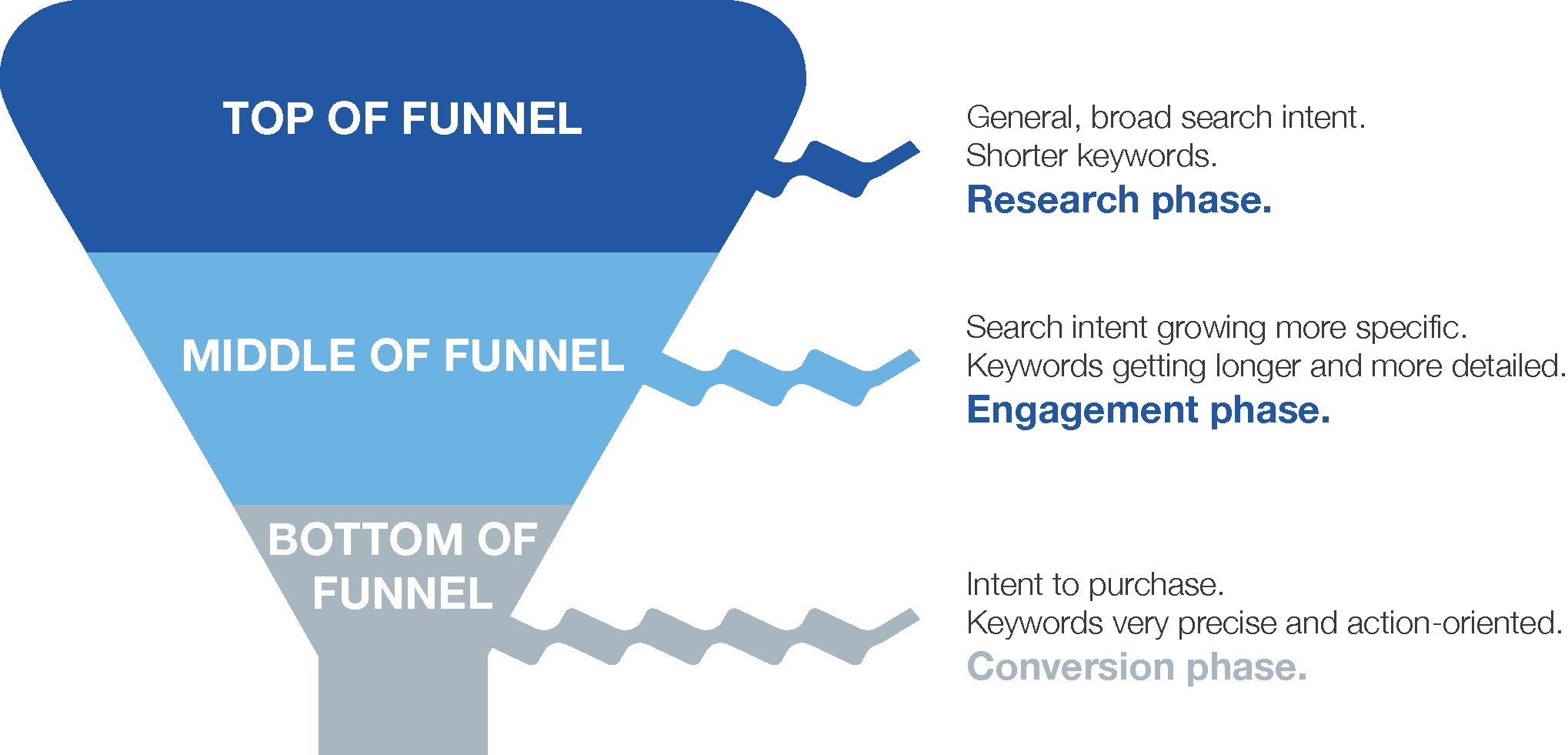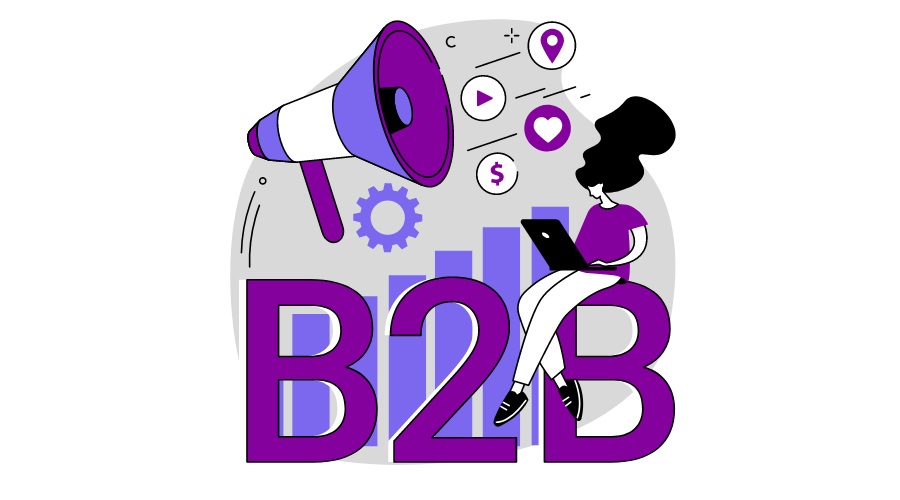Funnily enough, some of the earliest life lessons you were taught might actually be able to help you out with your SEO strategy now.
Read on to find out how.
Did you know your SEO skills were already being improved in kindergarten?
COMMUNICATION – WHAT DO PEOPLE (USERS) REALLY MEAN WHEN THEY TALK (SEARCH)
From week one in Kindergarten, you are not just there to improve your understanding of maths and spelling, but also to work on those fundamental social skills like friendliness and communication.
A big part of this concept is being able to actually extract meaning from what your fellow humans are saying to you. Sure, you probably understand the literal meaning of lots of words before you get to school, but a lot of communication happens through signals – how things are said and all the non-verbal cues which go along with this.
With SEO it’s the same. When people make searches Google on their phone or laptop, the search engine considers their intent.
Why did they search for that? What posts and websites do they really want to find?
Think of what you want when you Google search the keyword “easy salad dressing”.
- Do you want Google to show your nearest supermarket so you can buy a bottle of dressing?
- Should Google show your local salad bar so you can purchase the salad ready-made, and its dressing?
- Or, is Google going to do best if it shows you various websites with recipes using ingredients which you’ve probably already got in the cupboard?
You decide, but I’d harbour a bet on the latter.
Google filters its search results along the same keyword reasoning, ultimately trying to improve user experience.
SEO tools make it possible to hone in on the specificities of a user’s intent when making a Google search.
So, ensure your target keywords reflect this. Always go back to personal experience when thinking about your SEO strategy. What do you personally want from your Google searches?
Target your SEO campaigns to reach people rather than search engine spiders or crawlers. After all, organic traffic and sales can only be improved by people’s searches, clicks and visits.
If your target keyword, or words, are simply too broad, good search engine rankings can be too difficult to achieve – depending on the scale of the business you run.
Some keywords are too competitive for smaller to medium sized businesses to try and fight for, and that’s okay to admit.
Long-tailed keywords like, “how to make easy salad dressing”, rather than “salad dressing” are more specific, and therefore, posts, websites and articles which answer this question will be more useful for searchers and are likely to have more traffic as a result.
Some keywords and phrases, however, have a universal meaning for all kindergarten teachers and their students.
How else can STOP eating dirt” really be interpreted.
I wonder what would pop up if you searched that on Google?
WORD RECOGNITION – ‘D-O-G’ ALWAYS MEANS ‘DOG’ TO YOU, I AND GOOGLE
As most parents are aware, there are an awful lot of strategies for learning how to read – think of buzzwords like phonetics and inferencing.
But, there’s also a simple one called word recognition which is arguably Google’s favourite.
This is a good one for when kids are starting out – they see a word repeatedly and they just come to recognise it. It’s usually how they pick up on words like ‘the’ and ‘you’ because these are too difficult to segment or sound out.
You can also see it working when a child reads a book about a dog. They see it so often that by the end of the book, they know what ‘dog’ says without having to sound it out.
Now, this might take a couple of tries, but eventually, they learn the word dog. This kind of exposure technique makes for more natural and confident readers.
Luckily, Google algorithms are a bit quicker on the uptake than children. But, your on-page SEO needs to reflect that this is kind of the way Google thinks as well.
Search engines need to be able to understand what web pages are about. So, whenever you have an internal link on your web page, the anchor text needs to be descriptive of what’s on the page you’re about to land on.
What you shouldn’t have, is a link which simply reads ‘click here’.
Otherwise, Google’s spiders can’t read it properly.
Much like a child if you show them a picture of a brown animal, with all the attributes of a dog, with the word apple written underneath.
Will they say dog or apple? You decide.
SLOW DOWN, TAKE A BREATH AND MAKE SURE YOU (OR YOUR SITE) MAKE SENSE
We all know a few kids who get so excited when they are telling stories they simply dive straight in and forget the main points – i.e. beginning, middle and end. What you get from their mouth, then, is a stream of blabber which jumps from one idea to another.
Well, sometimes when beginners jump online and create websites the same thing happens.
And hey, we get it.
After all, it’s exciting to get your own stuff up online and in competition with big brands which have been operating since before you were born.
But, going too quickly and not checking the basics before you get started just requires more solutions in the end.
Firstly, a word about the copywriting. It doesn’t matter how hard you have worked on your SEO techniques if you have completely neglected to ensure your piece of content or articles are grammatically correct, unique, compelling and interesting to read for visitors.
It also pays to check that the site layout is clean and easy on the eye.
Sometimes, this means you’ll simply have run the content by editors, or at least a fresh pair of eyes.
In the more technical sense, your site’s architecture also needs to be accessible for Google bots to be able to crawl it.
Simply put, if there are too many issues with search engines being able to access and crawl your piece of content, it won’t be able to index it, and well, you can forget about impressions and sales growth because, well, no one at all is going to be able to find it – which is kind of a necessity in the online world.
If you just don’t pop up on Google at all, how on earth can you expect to increase subscribers or customers?
HOW TO ACCEPT FEEDBACK ON YOUR SEO TECHNIQUES
Kindergarten is the first time, for most children, they are exposed to someone other than their parents giving them feedback and (let’s hope) constructive criticism.
A lot of the time, it’s simple – don’t forget full stops at the end of a sentence and capital letters at the start, or, don’t chuck your banana peel at other children when you’ve finished eating it, Timmy.
Ah – the simple pleasures of youthful moments – right?
Not being able to take this kind of feedback and doing anything with it means by the end of the year, it’s unlikely you’ll have made any progress with your reading, writing, maths or, in Timmy’s case, making friends.
Well, the same goes for improving on your SEO techniques.
SEO analysis is important because it identifies the gaps in your content and SEO strategy, and pinpoints the areas in which you can easily improve. It makes it a more detailed science and one much less reliant on guesswork.
After all, if you’re not looking at what the data tells you, how can you improve next time?
There are plenty of tools around which can help with this, or, simply go for an old fashioned spreadsheet.
Done properly and used well, SEO analysis can improve your page, lift it in Google rankings, drive organic traffic and ultimately boost sales.
Now, it pays to look both at your on-page and off-page SEO. Check things like the URL format, meta-descriptions, titles and headings, content, images, page loading speed and incoming links, internal links, backlinks and broken links (okay, yes, links of all kinds).
As well as tools available online, there is always the option of hiring an SEO digital marketing agency to truly analyse what you can do to improve.
Just make sure you go in with an open-mind. After all, you can’t very well turn around and tell your kindergarten teacher that 2 and 2 really do make 22, can you?
QUALITY OVER QUANTITY (ESPECIALLY WHEN IT COMES TO LINKS)
This one is a great life lesson, and, if you never picked it up as a young’un, it’s not too late to do so now.
Let’s take doing art in kindergarten as an example.
Sure, you can grab every single colour of card, then apply every single colour of glitter, paint and stick on ALL THE pom-poms and foam stickers in the class and stick them all together in the shape of a pyramid – but, it probably won’t look that nice in the end.
Not only will it look like a bit of a travesty, there’s also the likelihood your teacher might be a little displeased when all of the other students are crying, you made a huge mess on your table and well, the rest is history.
You don’t do that again.
Well, this applies to SEO strategy as well.
It’s all well and good having hundreds and hundreds of backlinks to your site, but, if these are all coming from the dodgy corners of the Internet where adult, gambling and pharmacy sites lurk – they don’t carry much weight or authority anymore.
In fact, although backlinks are definitely necessary and are one of the key page ranking factors, it is now better to have one quality citation from a reputable (and relevant) blog or website which garners traffic of its own.
Both quality and relevance matter when it comes to measuring the strength of backlinks. Quality means they come from sites with domains with good reputations and a trusted and authoritative Internet presence whereas relevance means they come from sites which are dedicated to the same topic as your own.
Google also prefers links from blog posts to those shared on Twitter, Facebook or other social media sites as these can only be read as ‘no follow’ links.
Backlinks can be checked to determine domain weight and authority. You can either do this yourself, with a paid tool or you can try Ahrefs‘ free resource.
Once upon a time, purchasing backlinks or operating through dead link and backlink farms or spam sites was a kind of acceptable hack – but, those days are long gone. Now, this sort of trick will elicit a harsh response from Google and your score (pagerank) will decline.
So, as your kindergarten teacher may have told you – one piece of coloured card, one glitter colour and one foam sticker will make a much nicer piece of art.
It’s the same for Google – quality links matter more.
TO WRAP UP:
- Communication skills – what does a user mean and want when they make a Google search? Focus your keyword research on these long-tailed and more specific queries and your content will be more useful to them.
- Words matter when it comes to the anchor text for an internal link. Google can only read and understand it if the right text is hyperlinked.
- Slow down and get back to basics – content that is easy to read for both user and crawler.
- Take feedback and continuously improve on your SEO tools’ arsenal. Otherwise, you’re just stabbing in the dark.
- Quality over quantity when it comes to backlinks. Make sure these come from relevant and authoritative sites.



